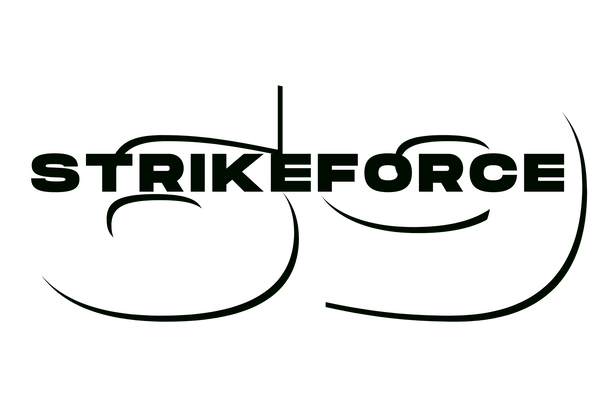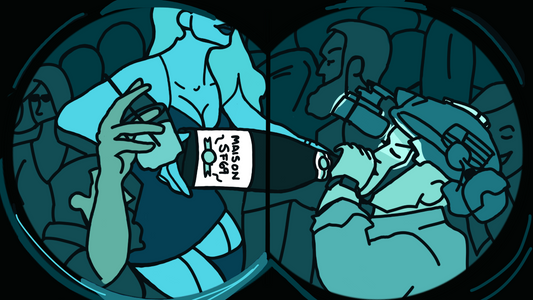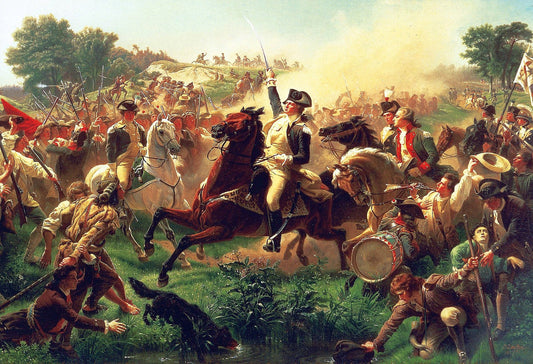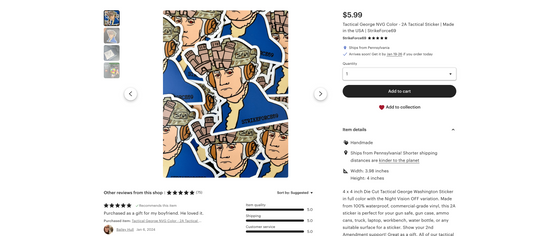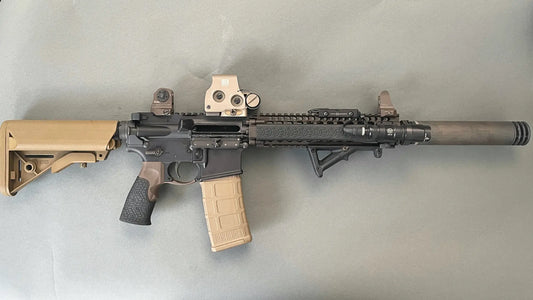The National Firearms Act of 1934 restricted the availability of certain classes of weapons to American citizens. This includes the regulation of short-barrelled rifles/shotguns, machine guns, destructive devices, uncharacteristic weapons (AOWs), and suppressors (“silencers”).
This article questions the utility of suppressors attached to the NFA and ATF regulations.
While gun suppressors are legally known as silencers, they do not make most firearms as quiet as those in Hollywood action movies. A 16-inch AR15 shooting supersonic 5.56x45mm with the best suppressors on the market still clocks in around 130 decibels. That is the sound signature equivalent to a jackhammer or rock concert!
Suppressors are not hearing-safe. You should still wear ear protection when using them. They remove some of the “bite” and concussion from the shot. They reduce your flash signature like flash hiders already on the market. They also will make your neighbors like you a little more if you happen to shoot on private property. Likewise, if you have to use your firearm in a limited self-defense situation in your home, you won’t blow out your ear drums.
The last advantage of owning a sound suppressor is that they look cool and badass. Let’s be honest, that’s why most of us want suppressors.
It is ridiculous that law-abiding US citizens must register every suppressor they own with the ATF. They have to pay a $200 tax stamp for the privilege and then wait months or over a year for their device. Meanwhile, places like Sweden, Norway, and the Czech Republic allow easier access to suppressors for law-abiding gun owners.
The ATF process simply delays law-abiding US citizens from their property and an unnecessary tax upon the second amendment. We already need to undergo a background check when purchasing firearms, and there should continue to remain a background check for silencers.
